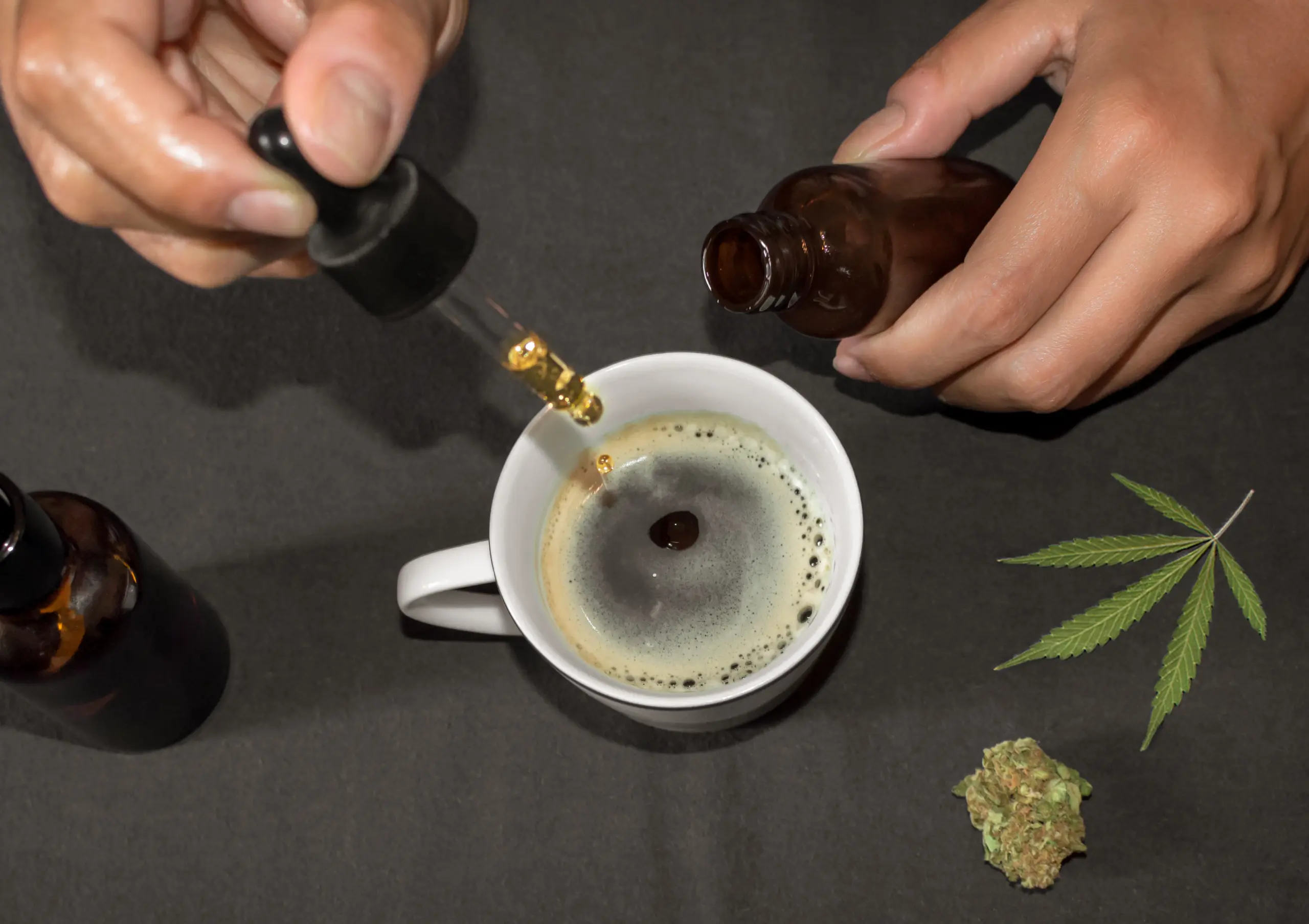Is It Possible to Be Both Addicted and Working?
The Hidden Struggle Behind the Paycheck
From the outside, you might look like you have it all together—a steady job, daily responsibilities, even career success. But behind closed doors, substance use may be quietly taking its toll.
At Star City Recovery Center, we know that addiction doesn’t always mean hitting rock bottom or being unable to function. Many people maintain careers, relationships, and routines while struggling with substance dependence. This is often called high-functioning addiction, and while it might seem manageable in the short term, it can carry serious long-term risks.
What Is High-Functioning Addiction?

High-functioning addiction describes someone who can meet life’s external demands—like showing up to work, paying bills, and socializing—while secretly battling a substance use disorder.
It’s common among professionals in high-stress industries, where long hours and pressure can drive reliance on alcohol, prescription drugs, or other substances to cope.
Why It’s Dangerous
1. Delayed Recognition and Treatment
Because performance appears unaffected, both the individual and those around them may deny or overlook the problem—allowing the addiction to worsen over time.
2. Increased Health Risks
Substance use—no matter how well hidden—can cause damage to the liver, heart, brain, and mental health.
3. Greater Emotional Strain
Balancing professional responsibilities while concealing an addiction often leads to chronic stress, anxiety, and burnout.
Signs You Might Be Functioning With an Addiction

Using substances to “take the edge off” after work or before big meetings
Frequently feeling unwell in the mornings but pushing through
Increased tolerance—needing more to feel the same effect
Avoiding social situations that don’t involve substance use
Anxiety about running out of your preferred substance
If these sound familiar, it may be time to reassess your relationship with alcohol or drugs.
The Role of Stress in High-Functioning Addiction
Workplace stress is a major factor in both developing and sustaining addiction. The pressure to perform, long hours, and lack of downtime can drive reliance on substances as a coping mechanism—eventually creating a dangerous cycle that’s hard to break without help.
How Star City Recovery Center Helps Break the Cycle

At Star City Recovery Center, we specialize in addressing both the addiction and the underlying causes—like workplace stress, trauma, or co-occurring mental health conditions.
Our approach includes:
Confidential, compassionate care in a private, residential setting
Evidence-based therapies tailored to working professionals
Holistic treatments such as mindfulness, fitness, and nutritional support
Relapse prevention planning to help you return to work with confidence
Learn more about our Services and Therapies designed to support lasting recovery.
Final Thoughts: You Don’t Have to Wait Until Everything Falls Apart
Yes, it’s possible to be addicted and still working—but that doesn’t mean it’s safe, sustainable, or without consequences. Seeking help sooner rather than later can protect your health, career, and relationships.
Contact Star City Recovery Center today to explore a recovery plan that fits your life.

